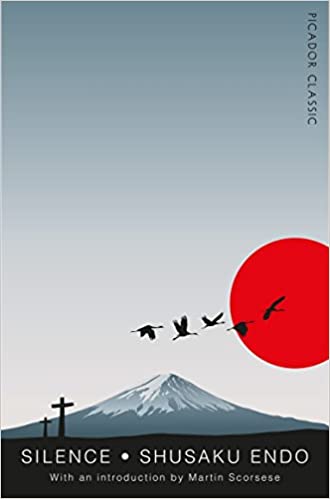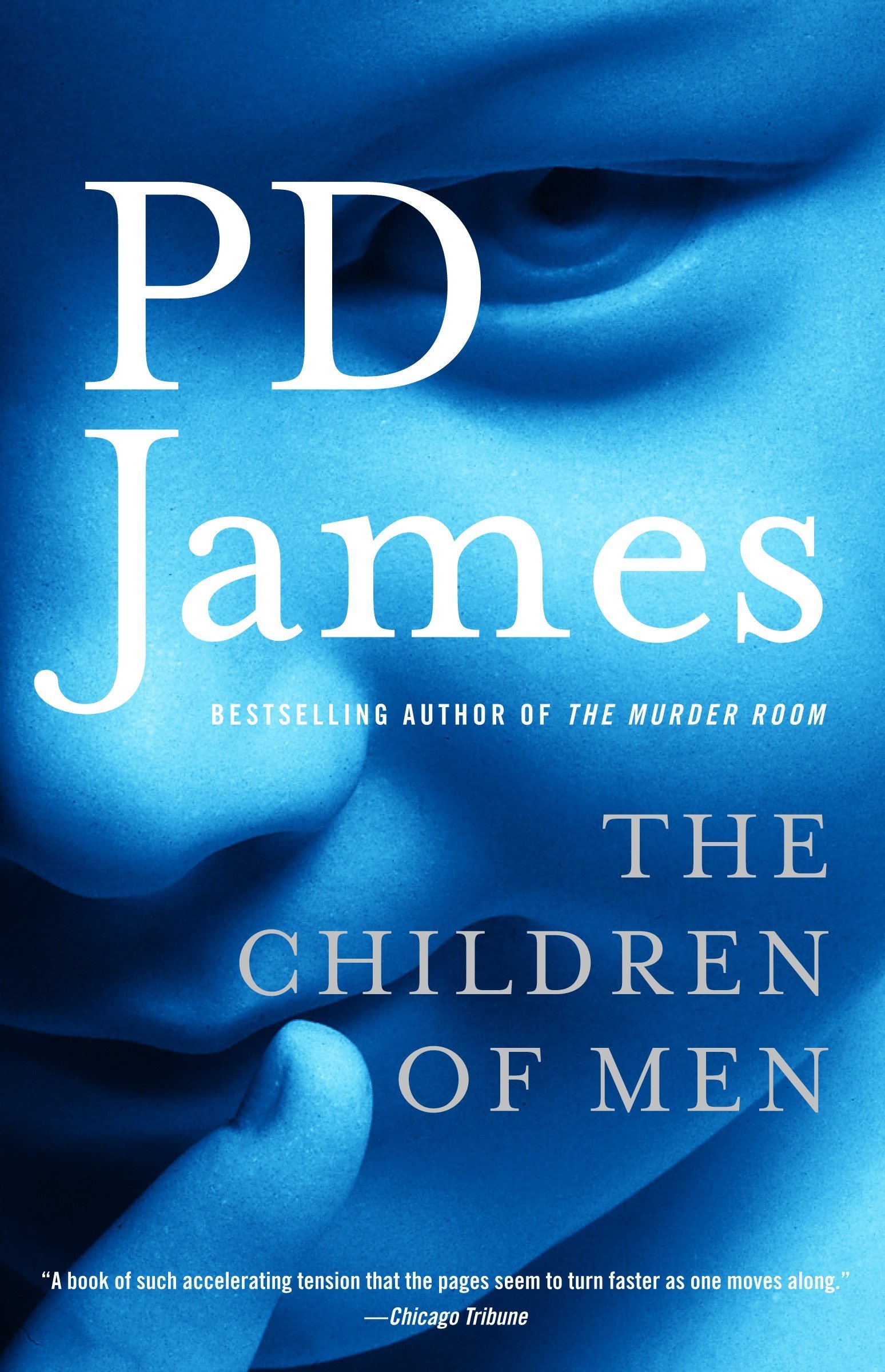Silence
It is 1640 and Father Sebastian Rodrigues, an idealistic Jesuit priest, sets sail for Japan determined to help the brutally oppressed Christians there. He is also desperate to discover the truth about his former mentor, rumoured to have renounced his faith under torture. Rodrigues cannot believe the stories about a man he so revered, but as his journey takes him deeper into Japan and then into the hands of those who would crush his faith, he finds himself forced to make an impossible choice: whether to abandon his flock or his God.
The recipient of the 1966 Tanizaki Prize, Silence is Shusaku Endo's most highly acclaimed work and has been called one of the twentieth century's finest novels. As empathetic as it is powerful, it is an astonishing exploration of faith and suffering and an award-winning classic.
More info →The Children of Men
Civilization itself is crumbling as suicide and despair become commonplace. Oxford historian Theodore Faron, apathetic toward a future without a future, spends most of his time reminiscing. Then he is approached by Julian, a bright, attractive woman who wants him to help get her an audience with his cousin, the powerful Warden of England. She and her band of unlikely revolutionaries may just awaken his desire to live . . . and they may also hold the key to survival for the human race.
Told with P. D. James’s trademark suspense, insightful characterization, and riveting storytelling, The Children of Men is a story of a world with no children and no future.
More info →


